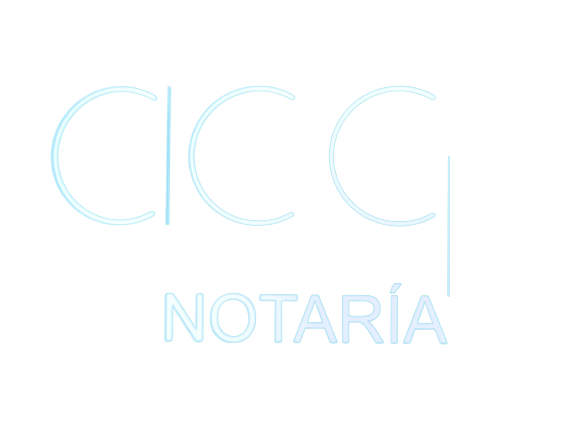The power of attorney is a public document that a natural or legal person signs to designate another person as their legal representative. In this way, you authorize him to act on your behalf in different legal or material acts.
We differentiate between different types of power of attorney:
General powers:
These are deeds by which one person confers all possible powers on another person so that he or she can take care of all of his or her assets. This type of power is characterized because the powers are very broad, which causes a risk and therefore the Notary will advise in advance on the consequences of granting it and the possible variables to restrict or control certain delegated powers.
Special powers:
These are deeds by which one person grants powers to another to carry out one or more specific acts. This type of power is characterized because the powers are limited, for example, it can only buy, sell or accept an inheritance on behalf of the principal.
Powers for lawsuits:
It is that notarial document by which a person attributes powers of representation in court to their lawyers and attorneys.
Travel authorizations:
When minor children take a trip abroad, without being accompanied by their parents or guardians, the trip can be authorized through this notarial document, which the minor must carry along with their ID or passport.
Preventive powers in case of incapacity:
These are powers in which one person grants authority to another person to do whatever is necessary in the event that the person granting the power becomes incapacitated in the future. It is a very useful instrument to avoid problems when one gets older.
Necessary documentation:
DNI, NIE, passport or residence card of the person interested in granting power.
The specific data of the person to whom powers are to be attributed, including their identity document number.
Commercial powers:
They are powers conferred by a company, through its administrator, in favor of a person who can thus be in charge of one or more commercial operations on behalf of the company.
Necessary documentation:
DNI, NIE, passport or residence card of the administrator.
The specific data of the person to whom powers are to be attributed, including their identity document number.
The articles of incorporation.
Deed in which the current administrator is appointed, if it is not stated in the deed of incorporation.
Deed of real ownership.
